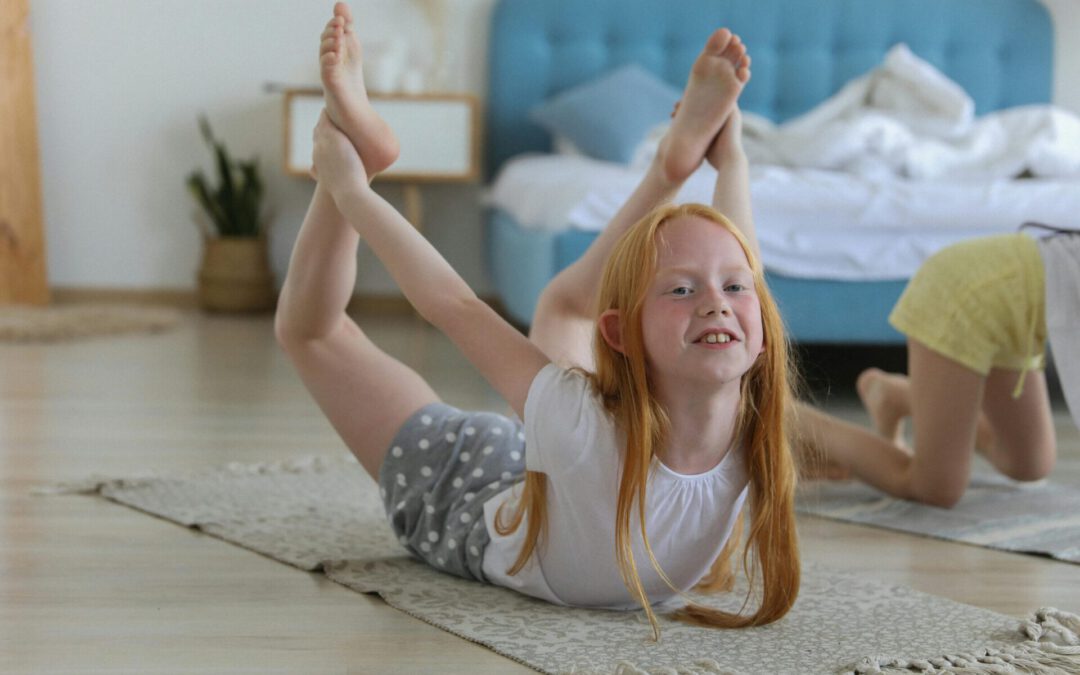The diagnosis of ADHD can initially come as a shock to parents, or at least cause them great uncertainty. Many questions arise: What does this mean for my child? What treatments are appropriate? Does my child need to take medication? This uncertainty is understandable—but at the same time, the diagnosis also offers an opportunity: finally, there is an explanation for the behaviors that your child may have been exhibiting for a long time. Now you can seek targeted support.
What does ADHD mean?
ADHD is not a sign of “laziness.” It is a neurobiological developmental disorder that affects attention, impulse control, and self-regulation. Children with ADHD are often creative, energetic, and think “differently”—with the right support, they can develop their strengths.
Therapy and Support
1. Psychoeducation for Parents and Children
The first step is information. When parents and children understand how ADHD works, it is easier for them to develop strategies. Psychoeducation can be provided by doctors, therapists, or in special parent training courses.
2. Behavioral Therapy
Behavioral therapy is one of the most researched forms of therapy for ADHD. It helps children to develop structure, control their impulses better, and learn self-organization. Parents are actively involved in order to make everyday life easier.
3. Medication
Medications such as methylphenidate (Ritalin®) or amphetamine preparations are often prescribed to reduce the core symptoms (inattention, impulsivity, hyperactivity). They are not a “must,” but they can greatly improve the child's ability to concentrate and make everyday life much easier. Close medical supervision is crucial here. It is important to note that these medications act on the symptoms, not the causes.
4. Ergotherapy
Ergotherapists help to promote motor skills, action planning, and self-organization. This is particularly helpful for children who also have difficulties with fine or gross motor skills.
5. Neurofeedback
A source oriented, non-invasive method in which the child can learn to better regulate their brain activity through feedback. Studies show good results, especially when combined with behavioral therapy.
6. School Support
Close communication with teachers is important. Support plans, compensatory measures (e.g., extra time for tests), or individual learning methods can make everyday school life much less stressful.
7. Parental Coaching
ADHD affects the whole family. Parent coaching helps to structure everyday family life, reduce conflicts, and develop more positive parenting strategies.
How can you support your child during daily life?
-
Structure and Routines A clear daily schedule provides orientation.
-
Positive reinforcement: Praise desired behavior in a targeted manner.
-
Small steps: Break large tasks down into smaller subtasks.
-
Exercise: Sports helps burn off excess energy and promote concentration.
-
Patience and humor: ADHD is challenging, but it is also an adventure.
